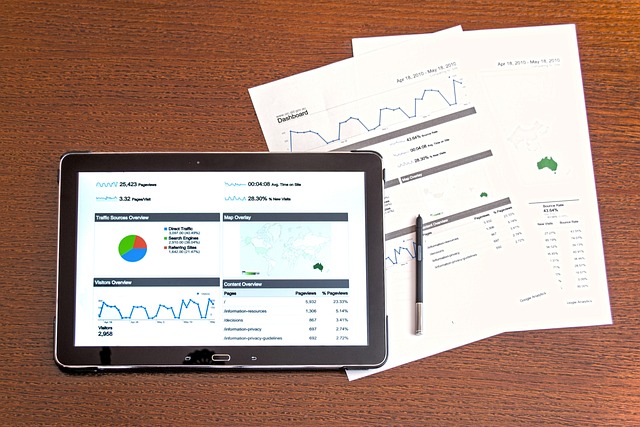AI is transforming sustainable landscaping with innovative solutions, notably AI pollinator-friendly plant forecasting. This technology helps professionals choose plants tailored to specific environments, promoting ecological balance and biodiversity by reducing non-native species and attracting beneficial insects and birds. Additionally, AI suggests efficient irrigation systems for optimized water usage. Incorporating these AI applications makes urban areas vibrant oases that meet both aesthetic and functional needs, while Solar Lighting Automation further enhances sustainability with energy-efficient lighting.
“Explore the future of eco-friendly landscaping with our in-depth analysis of how Artificial Intelligence, plant forecasting, and solar lighting automation intertwine to create sustainable, vibrant green spaces. We delve into the transformative power of AI-powered landscaping, focusing on strategies that support ecosystem health through pollinator-friendly plant choices. Additionally, we examine the role of automated solar lighting, showcasing its potential for energy efficiency and enhanced outdoor environments.”
- AI-Powered Sustainable Landscaping: Revolutionizing Green Spaces
- Pollinator-Friendly Plant Selection: Enhancing Ecosystem Health with Forecasting
- Solar Lighting Automation: Illuminating Paths to Energy Efficiency
AI-Powered Sustainable Landscaping: Revolutionizing Green Spaces

AI is transforming sustainable landscaping, offering innovative solutions for creating and managing green spaces that are both ecologically conscious and aesthetically pleasing. By leveraging advanced algorithms and data analysis, AI systems can now predict optimal plant choices for specific environments, taking into account factors like climate, soil conditions, and even pollinator habitats. This AI pollinator-friendly plant forecasting is a game-changer in eco-friendly landscaping design.
With this technology, professionals can reduce the use of non-native species that may disrupt local ecosystems and opt for plants that attract beneficial insects and birds. AI models can also suggest efficient irrigation systems, optimizing water usage and reducing waste, contributing to overall sustainability. As a result, urban areas can become vibrant oases that support biodiversity while meeting aesthetic and functional requirements.
Pollinator-Friendly Plant Selection: Enhancing Ecosystem Health with Forecasting

By incorporating AI into pollinator-friendly plant forecasting, sustainable landscaping practices can significantly enhance ecosystem health. This technology enables precise predictions on which plants will thrive in specific environments, fostering habitats that support bees, butterflies, and other pollinators. With AI, landscapers can select species tailored to local conditions, ensuring robust and resilient biodiversity.
Moreover, AI-driven forecasting helps maintain optimal bloom times, aligning floral resources with peak pollinator activity. This synchrony maximizes food availability for these crucial ecosystem engineers, thereby boosting population sizes and contributing to overall ecological balance. Such an approach not only promotes the well-being of pollinators but also enhances the aesthetics and longevity of landscapes, including solar lighting automation features that minimize energy use while maximizing natural beauty.
Solar Lighting Automation: Illuminating Paths to Energy Efficiency

Solar Lighting Automation illuminates paths toward energy efficiency in landscaping, a crucial aspect of sustainable practices. By harnessing the power of the sun, this technology offers an eco-friendly alternative to traditional lighting methods. Automated solar lights are designed to sense ambient light and motion, activating only when needed, thus reducing energy consumption. This not only minimizes the carbon footprint but also provides a cost-effective solution for both residential and commercial spaces.
Furthermore, AI-powered pollinator-friendly plant forecasting enhances this sustainable approach. Advanced algorithms analyze weather patterns, flower bloom times, and pollinator behavior to predict optimal planting seasons and species. This knowledge allows landscapers to choose plants that attract beneficial insects, supporting biodiversity while ensuring energy-efficient lighting requirements are met throughout the year.
The integration of AI, pollinator-friendly plant selection based on forecasting, and solar lighting automation offers a promising path towards sustainable landscaping. By leveraging these eco-conscious technologies, we can revolutionize green spaces, enhance ecosystem health, and promote energy efficiency. This approach ensures a brighter, greener future for both nature and urban environments.
